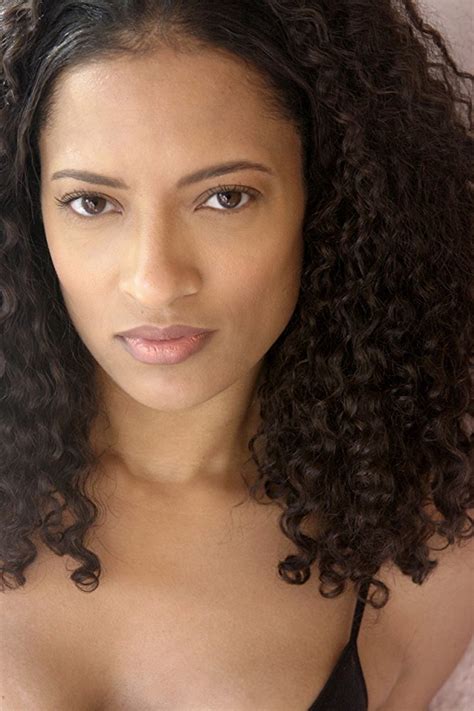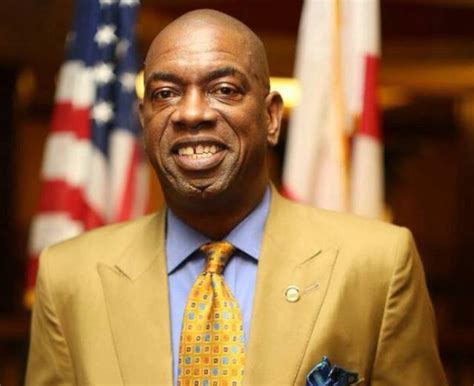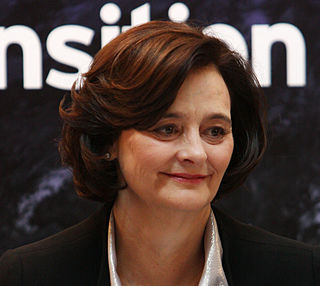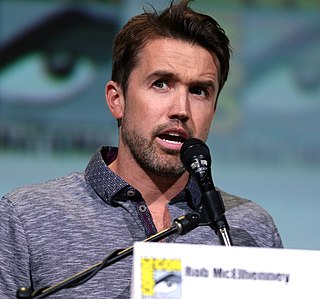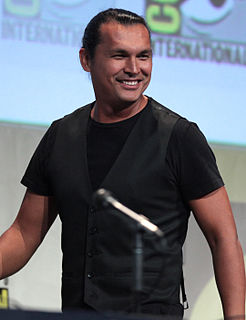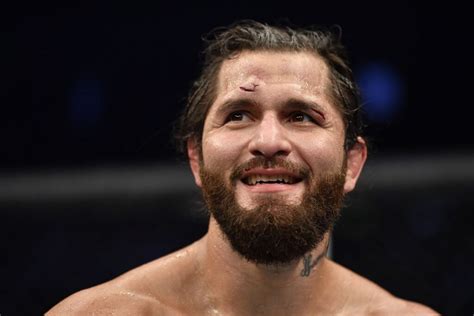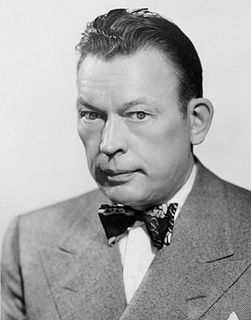A Quote by Martin Scorsese
Being a father at a later age is different from when I had my other two daughters when I was in my 20s and 30s. If you're in your 60s and you're with the kid every day, you're dealing with the mind of a child, so it opens up that childishness in you again.
Related Quotes
When you're in your 20s, you're a little more carefree; you're single. You have a very different way of looking at the world and experiencing the world. But later in your 30s, when you have children, a career, career obstacles, mortgages, car payments and relationships, you have to negotiate; that's a very different life.
After a while, you're growing up so quickly and you begin to not know your parents anymore. You're left with the memories you had as a kid, but you're not a kid anymore and your experiences are separate. We are now much closer and communicate almost every day. It's a lot of work, but what holds us together is the hope that we will one day be together again.
I am from a woman's family. My great-grandmother had three daughters and a son. My grandmother had two daughters, and my mother had two daughters. My sister had a daughter and then finally a son. You should have seen my father with the son. He could not believe that finally there was a boy in the family.
In your 20s, crises tend to be about whether you are making the correct decisions for the rest of your life, namely in your job and relationship. In your 30s, work-related issues and break-ups feature prominently. In your 40s, for women bereavement is often an issue. For men, it is still to do with their job but it has moved to "Holy crap, I've got a lot to do". In your 50s, you get features of both early and later life crises - bereavement and ill health. And that continues in your 60s, with retirement-related issues and heightened awareness of mortality.
If you're in your early 20s and you're hanging out with a bunch of other people in their early 20s, nobody has a sense of the kinds of problems that real 'workers' run into every day. They're running into a completely different set of problems like 'what's the party going on right now that I should be going to?
If you're in your early 20s and you're hanging out with a bunch of other people in their early 20s, nobody has a sense of the kinds of problems that real 'workers' run into every day. They're running into a completely different set of problems like 'What's the party going on right now that I should be going to?'
I was the first son and first child. When my sister came along, well, she was two years younger, and I had to go to the golf course because my mother couldn't handle all the action going on. So I came with father to the golf course since I was a year and a half old and I spent the day with him here, and it worked in naturally. And it was fun for me being with my father, and doing things that a kid did it was great.
Well to me growing, up I've had my own psychological war with my parents dying at such a young age. My mother was killed by a drunk driver, then two months later my father drowned. He was out with his friends drinking and on medication for depression, and he didn't come out of the water alive. Growing up with sexual abuse and having to be in gangs and dealing with my own trauma; finding the cultural identity when I was 16, and learning those traditional ways saved me from hurting myself.



